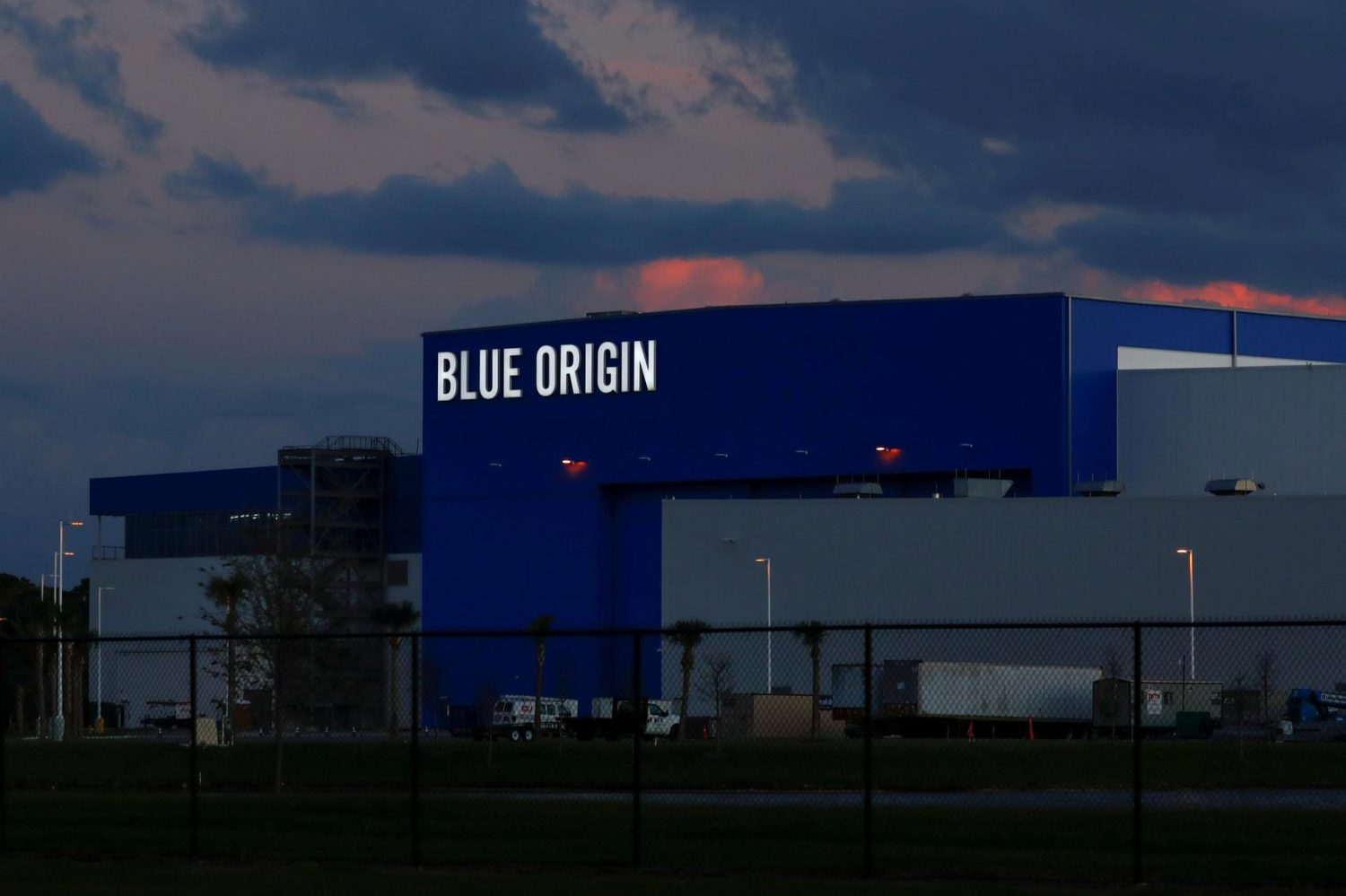
Blue Origin, the aerospace company founded by Jeff Bezos, has announced a 10% reduction in its workforce, affecting approximately 1,400 employees across its Florida, Texas, and Washington facilities. The layoffs, disclosed February 13, signal a strategic shift for the company as it moves away from heavy research and development and focuses on scaling up production of its New Glenn rocket and other key projects.
A shift toward efficiency and production
CEO Dave Limp explained in an internal company meeting the decision was necessary to streamline operations and increase agility as Blue Origin prepares for a more competitive phase in the space industry.
Over the past several years, the company has grown rapidly, leading to increased complexity within its organizational structure. The layoffs, Limp said, would allow Blue Origin to prioritize efficiency and customer-driven results.
The timing of the cuts follows the long-anticipated debut flight of the New Glenn rocket on January 16. The launch was a critical milestone for the company, which aims to compete with industry leader SpaceX in the commercial launch sector.
By reducing its workforce, Blue Origin appears to be positioning itself to ramp up its launch cadence, fulfilling commitments to both government and private-sector clients.
Impact on current and future missions
Despite the restructuring, Blue Origin remains heavily engaged in major space initiatives. One of its most notable contracts is a $3.4 billion NASA deal awarded in May 2023 to develop a human landing system for Artemis 5, a mission set to land astronauts to the Moon no earlier than 2029.
The company is also competing for a share of $5.6 billion in Department of Defense contracts for national security satellite launches, solidifying its role in government-backed spaceflight programs.
Additionally, Blue Origin continues to develop Orbital Reef, a commercial space station designed in collaboration with Sierra Space, Boeing, and other partners. While NASA funding has supported the project, it remains unclear how the workforce reduction might affect its timeline.
Employee morale and industry reaction
The layoffs have sparked concern among employees and industry observers. While some view the move as a necessary step toward operational efficiency, others worry about the impact on workplace culture.
Reports suggest some employees are already seeking new opportunities, raising questions about how the workforce reduction might affect Blue Origin’s ability to retain top talent.
This transition comes at a pivotal time for Blue Origin. With a contract backlog exceeding $10 billion, the company is still well-positioned for future success, but it must now prove that a leaner organization can execute its ambitious plans. As the space industry evolves, it remains to be seen how effectively Blue Origin can navigate this shift from development to high-frequency launch operations while maintaining its innovative edge.
FTC: We use income earning auto affiliate links. More.




Comments